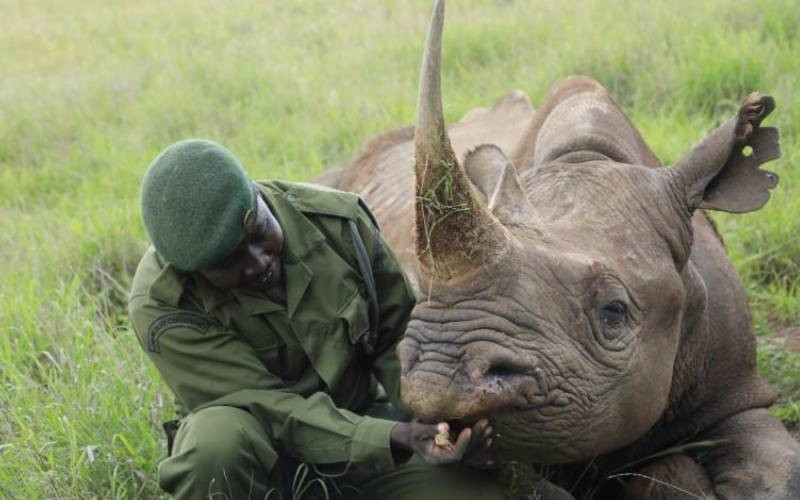×
The Standard e-Paper
Join Thousands of Readers

Audio By Vocalize

At Lewa Conservancy, an extraordinary bond has flourished between a man and a rhino.
John Kamara is the unsung hero who for the past 18 years has served as the devoted guardian and guide to Elvis, a gentle giant of the wild whose life journey took an unexpected turn due to her mother's disability.